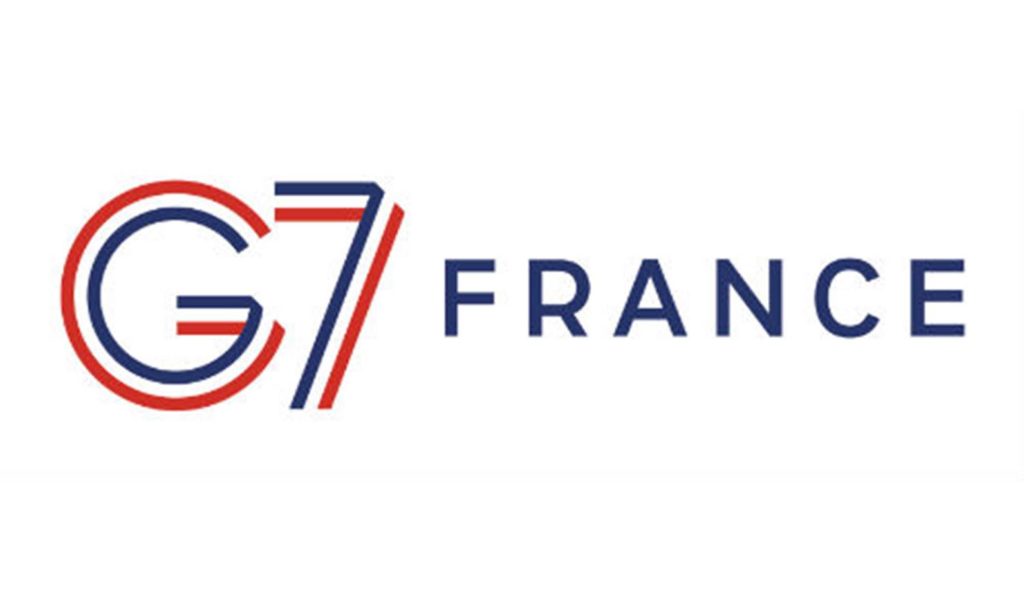

17.05.2019
The G7* of Environment, Oceans and Energy Ministers was held in Metz on 5 and 6 May 2019 on the theme « Tackling inequalities through biodiversity and climate protection ».

Through a joint declaration on « stopping deforestation », participants expressed their willingness to consider measures to implement sustainable agricultural supply chains, while strengthening dialogue, transparency, monitoring and accountability on agricultural supply chains presenting a risk for deforestation.
They indicate that they support the initiatives and commitments for 2020 and 2030 made by national and international governments, as well as non-state actors, to stop deforestation.
They recall the 2030 agenda for sustainable development and their commitment to eradicate poverty and hunger in all its forms and dimensions and to achieve the three pillars of sustainable development – economic, social and environmental – in a balanced and integrated manner.
Thus, they highlight the importance of sustainable forest management and sustainable agriculture, considering that respect for biodiversity is a key factor for food security.
They also recall that countries must take measures to conserve and strengthen, where appropriate, greenhouse gas sinks and reservoirs, including through the protection and sustainable management of forests, forest restoration and afforestation;
While stressing the need to address all direct drivers of deforestation, they reaffirm their commitment to halt the loss of natural forests, including through:
– support for the private sector’s objective of eliminating deforestation linked to the production of agricultural raw materials and primary products by finding alternatives to deforestation while reducing poverty and promoting sustainable and equitable development,
– improving agricultural practices, especially for smallholders,
– the significant increase in the rate of forest restoration worldwide, by strengthening the governance and transparency of the forest sector.
They encourage companies to join initiatives to stop deforestation and strengthen their commitment to it through sustainable agricultural supply chains.
* The G7: who is part of it?
In 1975, six countries chose to join forces to take a collective action by creating the G6, which became, with Canada, the G7 in 1976.
These seven countries are: Canada, France, Germany, Italy, Japan, the United Kingdom, the United States and Canada. One more guest at the table: the European Union, since 1977.
Each year, the G7 is chaired in turn by one of its members, who identifies the key priorities that will be at the heart of the discussions. Around each of the G7 priorities, France will involve many partners: international organizations, NGOs, local authorities, researchers and businesses. The G7 will be a collective work.